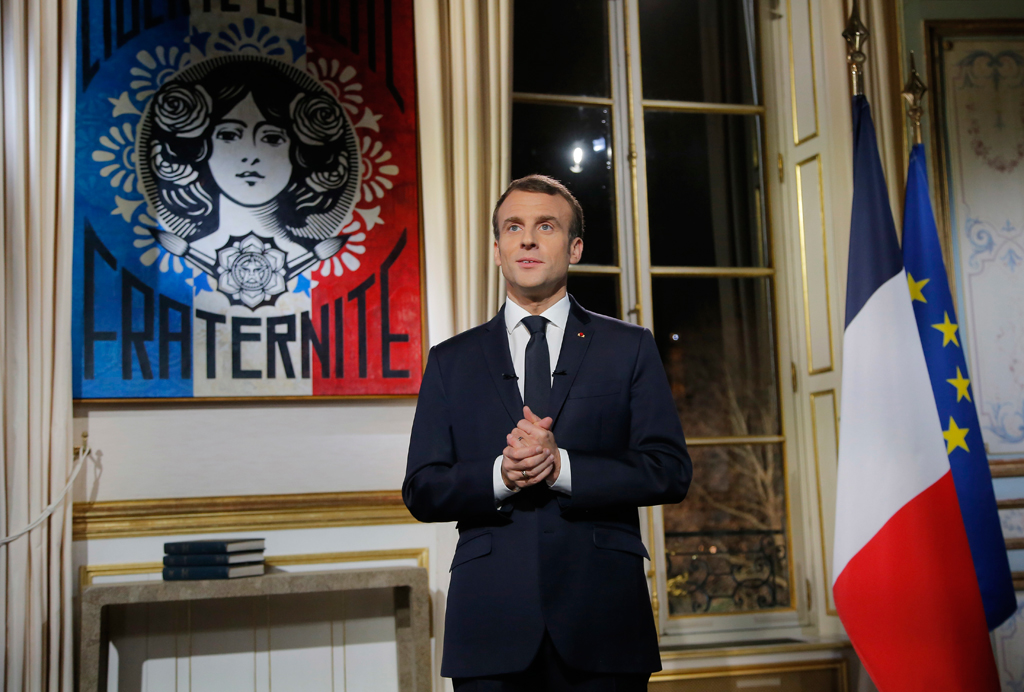Who Could Have Known What Neoliberalism Would Do to a Quality Health System!

The entire neoliberal project has been about privatizing public goods. Unlike various false definitions of neoliberalism, leading some to equally falsely say that it is not a real thing because to admit it is inconvenient to them, this is the fundamental definition of neoliberalism. We’ve seen the IMF and World Bank force this on the developing world for decades, albeit less so today than 20 years ago, thanks to growing resistance. But neoliberalism is still very much a thing in the Global North. Interestingly, it’s now somewhat less so in the United States because of left activists moving the Democratic Party away from those policies, undermining the bipartisan nature of this in the 1980s-2010s. In any case though, the walking talking figure of neoliberalism in 2021 is French president Emmanuel Macron. And lo and behold, the French public is now waking up to what his neoliberalism policies have done to their health care system in a pandemic.
It was a shock for citizens to discover that France — the world’s seventh largest economy, widely praised for its remarkable health system — could end up struggling to cover the basic needs of its hospitals. But was it a total surprise? Not really.
Since 2018, France’s largest and longest social movement for decades has been agitating. The Yellow Vest demonstrators took to the streets and the roundabouts for months to express their anger against President Emmanuel Macron, whose policies, they said, favored the richest fringes of the population while abandoning workers who did not earn enough to cover their necessities. One of the movement’s loudest voices was Ingrid Levavaseur, a single mother and nurse assistant whose wages were not enough to live on.
In 2019, the country experienced another lasting social movement, with strikes to protest the pension reform plan announced by Macron. Many hospital staffers who had already been protesting joined the rallies to demand funding for better conditions. During a march, some waved a desperate placard that read, “The states counts money, we are going to count the dead.” Earlier, when Macron visited a hospital in 2018, he ended a conversation with a caregiver who implored him for more hospital beds and staff, saying, “There is no magical money.”
When the pandemic hit, the government had to shift course and allocate more money to the health sector. It signed the “Ségur Agreements,” which granted nearly $10 billion (8.1 billion euros) to hospital staff. But it was not enough, according to several unions who went on strike again to remind the government of their pre-pandemic demands and protest the shortage of beds. According to the Sud Union, 8,000 beds were lost in two years.
Under Macron, more than $3 billion (2.6 billion euros) has been cut from public hospitals in 2018 and 2019 — far more than under his predecessor. And it took the pandemic to ensure there were no further cuts to this vital infrastructure. Even now, a $1 billion (900 million euro) cut is planned by the Social Security financing bill for 2021, which diminishes the effect of the Ségur Agreement. So when he visited a health facility in October, Macron faced banners of infuriated medical staff asking for “money for the public hospital.”


